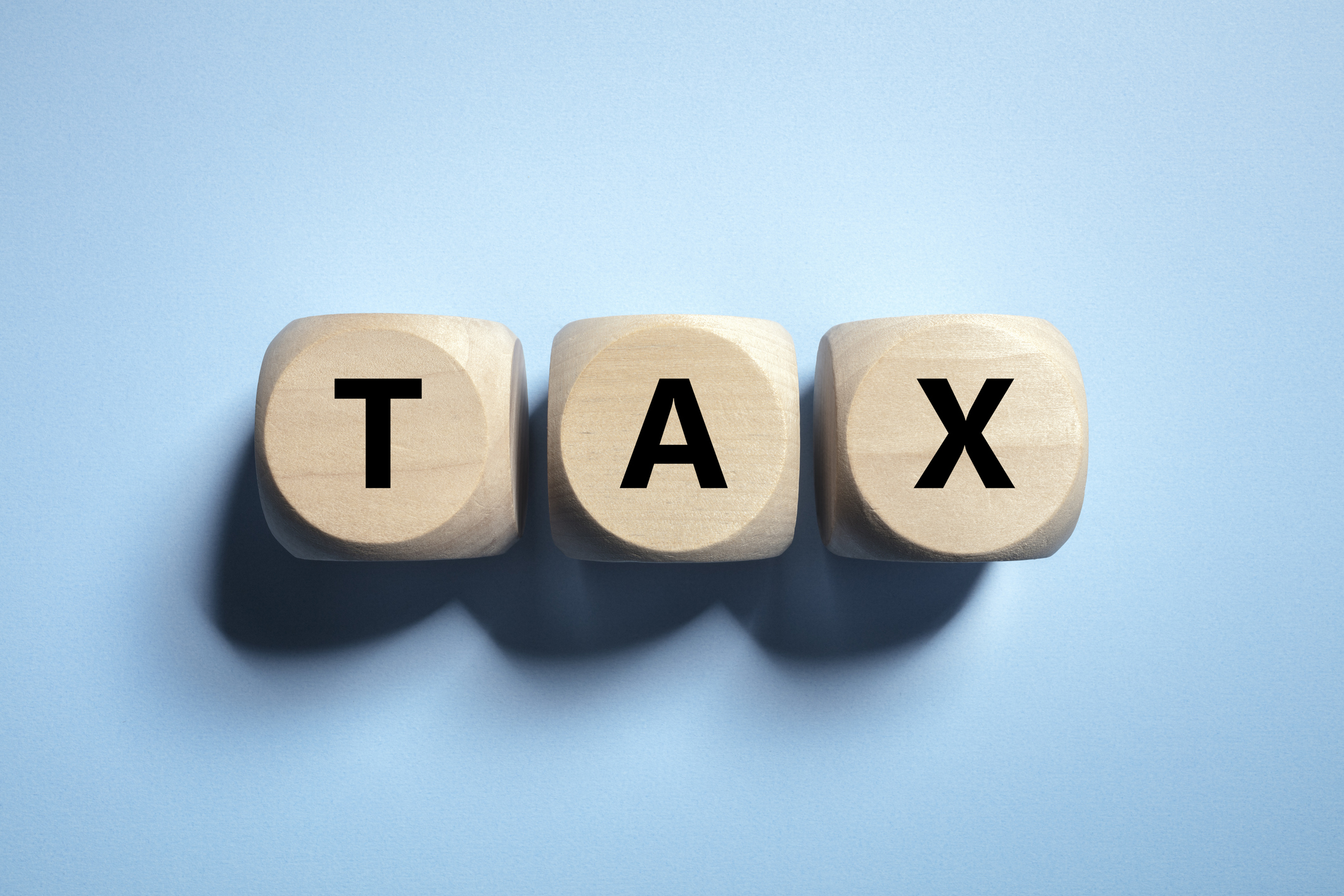
While many are familiar with Medicare coverage, understanding Medicare tax, which involves everything from mandatory payroll deductions to additional taxes for high earners, is important for all workers, including those who are self-employed.
With that in mind, here are five things you need to know about Medicare tax, including what it is, who pays, and current rates.
What is Medicare tax?
Knowing how tax dollars are allocated to fund parts of the Medicare program can help you understand your Medicare tax liability.
Medicare is a U.S. federal health insurance program designed for people age 65 or older. Some people under age 65 with specific disabilities may also be eligible for Medicare. Medicare has different Parts: A, B, C, and D.
Medicare Part A helps pay for inpatient hospital stays, skilled nursing facilities, hospice care, and home health care services. Unlike Medicare Part B (medical insurance) and Part D (prescription drug coverage), which are partially funded through premiums and general revenue, payroll taxes primarily finance Medicare Part A.
Medicare taxes are part of the Federal Insurance Contributions Act (FICA). They are automatically deducted from employees' paychecks to fund Medicare and Social Security programs.
Note: According to federal data, more than 60 million people currently use Medicare. However, the number of people using Medicare is expected to grow, which has caused concern over the long-term viability of Medicare and other programs like Social Security.
1. Who has to pay Medicare tax?
Employed U.S. workers, including non-citizens, are required to pay Medicare tax.
- These deductions from your paycheck are mandatory.
- The employer and the employee each contribute to Medicare taxes. (More on that below.)
2. Medicare tax rate
The Medicare tax rate is another thing you need to know.
- It’s 2.9% of earned income and wages.
- As a W-2 employee, you pay half of that tax (1.45%), and your employer pays the other half, 1.45%.
Medicare taxes are not subject to an income cap, unlike Social Security taxes, which are also automatically deducted from your paycheck. Social Security taxes have a wage base limit adjusted for inflation. That means the Social Security tax does not apply to income above that limit.
With Medicare tax, since there is no income limit, all your earned income and wages are subject to Medicare tax.
3. Additional Medicare tax for high-earners
While the standard Medicare tax rate applies to most individuals, high-income earners may be subject to Medicare surtaxes, including the Additional Medicare Tax and Net Investment Income Tax.
- The “Additional Medicare Tax” is 0.9% and applies to earned income exceeding certain thresholds.
- For 2025, individuals with earned income over $200,000 ($250,000 for married couples filing jointly) may be subject to the additional Medicare tax.
Note: Employers don’t have to pay a matching .9% with the additional Medicare tax.
What about the net investment income tax (NIIT)? NIIT is another surtax on high earners to raise revenue. This is separate from the additional Medicare tax.
The Net investment income tax of 3.8% typically applies to income from investments such as capital gains, dividends, royalties, rent, and interest. The tax amount is based on your filing status and income. Similar to the additional Medicare tax, there is no employer-paid portion of NIIT.
In any case, high-income earners should be aware of additional Medicare tax liability and plan accordingly.
4. Self-employed have to pay Medicare tax
Self-employed individuals must pay the total 2.9% Medicare tax rate and any additional Medicare tax if they are high earners. The Self-Employed Contributions Act (SECA) requires self-employed people to pay taxes on their net earnings.
Self-employment taxes are typically calculated on net self-employment earnings and reported on the individual's federal income tax return.
- The self-employment tax rate is 15.3% (12.4% for Social Security and 2.9% for Medicare).
- For 2025, the first 176,100 of self-employment income is subject to Social Security tax since there is an income limit for Social Security tax.
- That’s up about 4.4% from the $168,600 Social Security tax limit in 2024.
However, income tax deductions can help lower your tax burden. You can deduct half of your Social Security tax on your federal return, but not as an itemized deduction. Your net earnings are reduced by half the amount of your total Social Security tax.
If you are self-employed with at least $400 in net earnings during the year, you should factor in Medicare taxes (along with relevant deductions) when planning your tax obligations.
5. Medicare Part A enrollment is automatic
Most people become eligible for Medicare benefits at age 65. Part A (hospital insurance) enrollment is automatic when you turn 65. Some get Part B (medical insurance) automatically, while others sign up for it if they want it.
Generally, if you or a spouse paid Medicare taxes for at least ten years, you may qualify for premium-free Part A.
It's important to understand your eligibility for Medicare benefits based on your work history and tax contributions, and know various enrollment deadlines. Keep in mind that, as Kiplinger has reported, there are several expenses Medicare doesn’t cover.
Medicare tax: Bottom line
All taxpayers, including employees, self-employed individuals, and retirees, need to know how Medicare taxes work. This includes mandatory payroll deductions and additional taxes for high earners. Having a good grasp of Medicare taxes can help you make informed financial decisions and plan for healthcare expenses before and during retirement.
If you have questions about how Medicare tax impacts you, consult a qualified and trusted financial advisor or tax planner.







